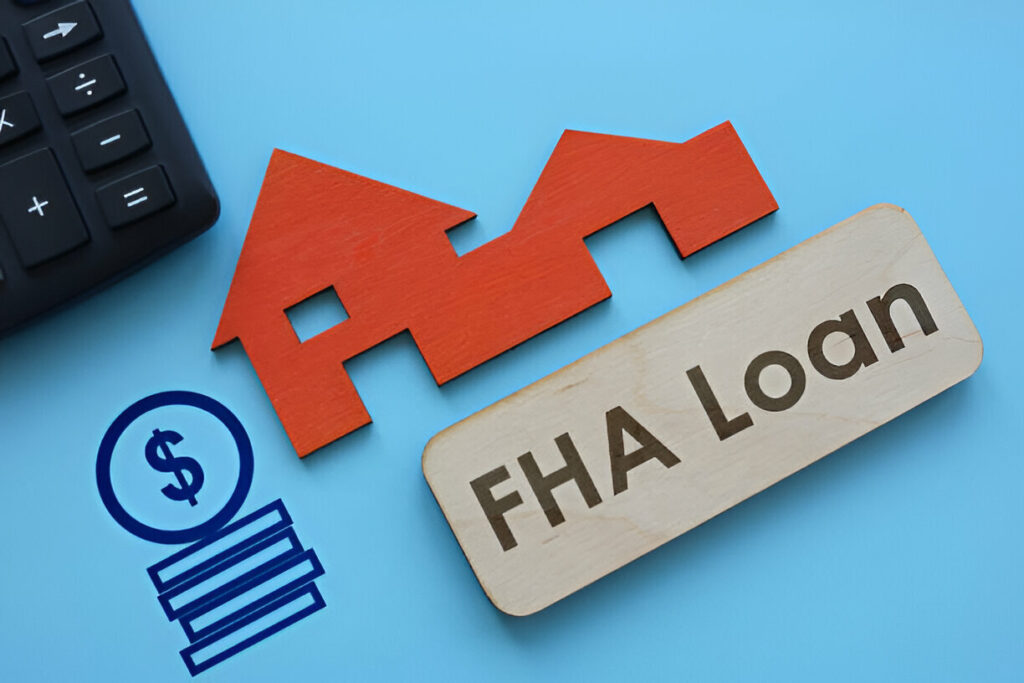An FHA Home Loan may get you into a home with a low down payment.

An FHA Home Loan may get you into a home with a low down payment.
Dreaming of owning your own home but falling short on funds? You’re not alone. One of the biggest challenges aspiring homeowners face is pulling together a significant down payment—let alone covering the full cost of a home. Fortunately, there are several loan programs available to help make homeownership more attainable, including FHA loans, which are especially helpful for first-time buyers.
However, not every loan suits every situation. If you’re dealing with credit issues or a tight budget, an FHA loan could be a smart option worth considering.
Let’s dive into what FHA loans are, who they’re for, and how they work.
What Is an FHA Loan?
Backed by the Federal Housing Administration (FHA)—the world’s largest mortgage insurer—FHA loans allow approved lenders (banks, credit unions, private mortgage companies) to offer home loans with more lenient requirements. These loans are designed to help more people become homeowners by lowering the barriers to entry.
With as little as 3.5% down, qualified buyers with moderate or low credit scores can buy a home while benefiting from easier qualification standards than traditional loans.
Key Requirements for FHA Loans
Whether you’re buying your first home or have owned property before, you may qualify for an FHA loan if you meet certain criteria. Here’s a quick overview:
The home must be your primary residence—not an investment or second home.
The property must be appraised by an FHA-approved appraiser.
You must move into the property within 60 days of closing.
The home must meet FHA’s minimum property standards and pass inspection.
Down Payment Guidelines
Your required down payment depends on your credit score:
580 or higher: Minimum down payment of 3.5%
500–579: Minimum down payment of 10%
All down payment funds must come from FHA-approved sources, such as savings, gift funds, or investments.
Mortgage Insurance (MIP)
FHA loans require mortgage insurance to protect the lender in case of default:
Upfront MIP: 1.75% of your loan amount (usually financed into the loan)
Annual MIP: Ranges from 0.45% to 1.05% depending on loan terms
Borrowers must continue to pay MIP for the life of the loan or for 11 years if they put down 10% or more.
FHA Loan Limits
Loan limits vary by location and are determined by the U.S. Department of Housing and Urban Development (HUD). For single-family homes in 2022, the range was:
Floor (low-cost areas): $420,680
Ceiling (high-cost areas): $970,800
To find your area’s current limits, visit the HUD website or consult a housing counselor.
Credit Score & Debt-to-Income Ratio (DTI)
Lenders look at your credit history, usage, and how reliably you pay bills. Higher credit scores can improve your DTI ratio, which increases your borrowing potential.
FHA guidelines generally allow:
Maximum DTI: 43%
Monthly housing expenses: Shouldn’t exceed 31% of your gross monthly income
Income Verification
FHA loans don’t require a minimum salary, but you’ll need to prove steady income. Lenders may ask for:
W-2 forms
Tax returns
Recent bank statements
Final Thoughts: Is an FHA Loan Right for You?
FHA loans can open the door to homeownership for those who may not qualify for traditional loans. They’re government-backed, allow for small down payments, and offer flexible approval standards. Plus, there are no penalties for early payoff.
Navigating the mortgage process can feel overwhelming—but it doesn’t have to be. If you’re ready to explore your options or need help determining if an FHA loan is the right fit, we’re here to guide you every step of the way. Reach out today to start your journey toward homeownership.
Ready to take the next step?
Complete the questionnaire on this page to start the conversation about your mortgage needs.
Tell us your goals — we’re here to help you achieve them.

